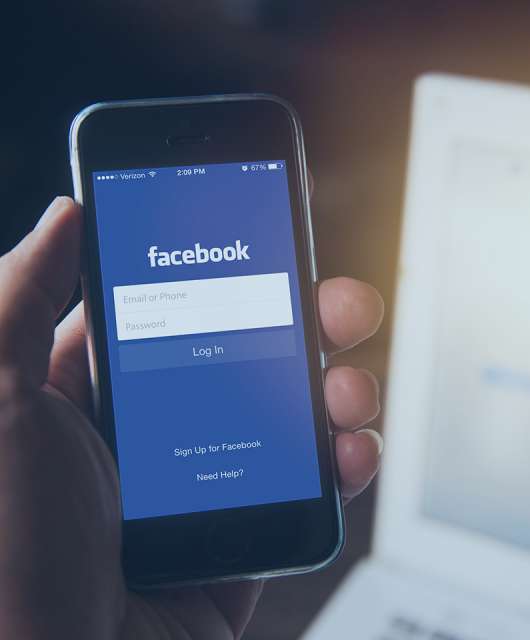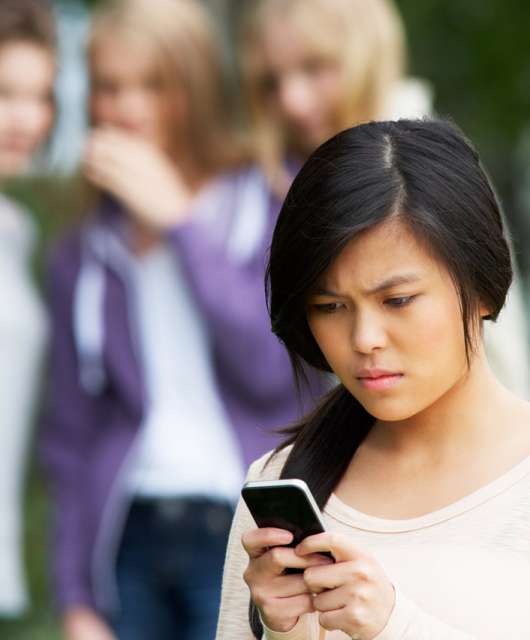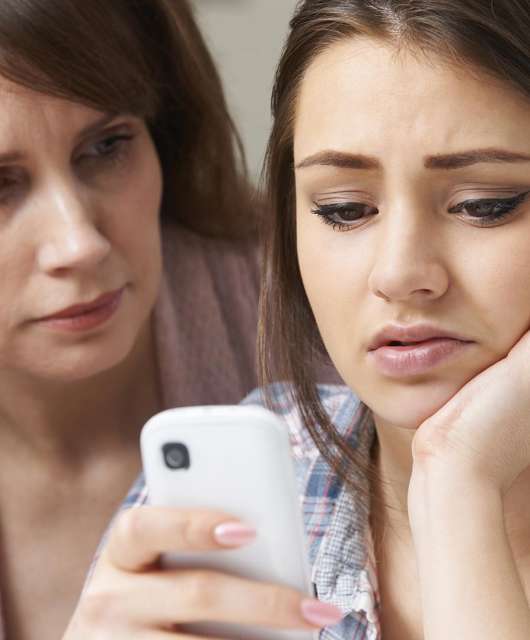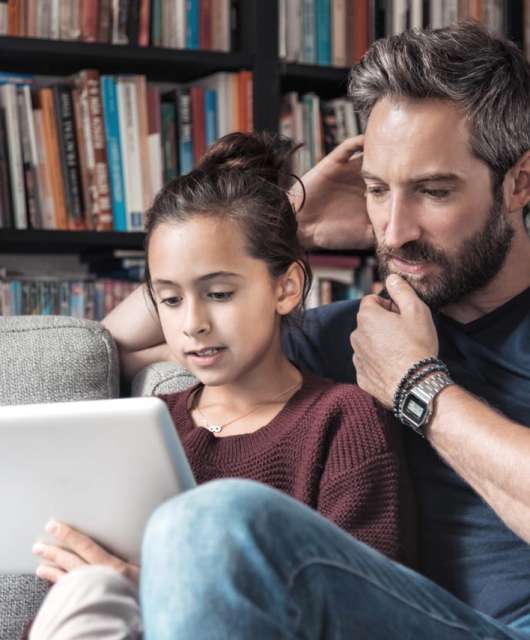Following a similar announcement in the US, the UK government has announced a crackdown on the TikTok app. Under these plans, politicians and civil servants will be banned from installing the globally popular short video app.
What is the problem?
TikTok is currently the world’s most popular video-sharing social networking app. However, security agencies have raised concerns about the app, particularly because of the close relationship between TikTok and the Chinese state government.
Like many apps, TikTok gathers large amounts of personal data from its users, but no one outside the company knows exactly what they do with that information. Like other ‘free’ services (Google for example), TikTok uses at least some of the data for building marketing profiles so they can better target adverts at their subscribers.
The problem is what TikTok does with the rest of the information they collect; the UK’s National Cyber Security Centre warns that data may also be shared with the Chinese government. This in turn raises questions about whether the Chinese government is able to access politically sensitive or secret information from government devices.
What is happening?
Following advice from the National Cyber Security Centre, the UK has banned the TikTok app from all government-owned devices. They will also be blocking access to TikTok’s website and services when using networks inside government buildings.
Although the government is encouraging members of Parliament (MPs) not to use the app at all, they will still be free to install TikTok on their personal devices. They will not be able to share or view videos while connected to Parliament’s WiFi though.
There are no plans for a nation-wide ban in the UK, so individual citizens are still able to use TikTok – even if official guidance suggests that app is a serious security risk for them too. But as governments around the world consider the implications of Chinese state-affiliated spying using smartphone apps, this could change at some point in the future. The US government is already creating the legislative framework required to ban TikTok (and other sensitive apps) from the country.
Following Scotland’s lead
The UK Parliament’s decision to ban TikTok closely follows a similar move in the Scottish Assembly were ministers are also forbidden from installing the app on government devices. The Scottish Government claims that official use of the app is ‘very limited’ so the ban is unlikely to have a major effect.
Despite legitimate security concerns, some MPs are dismayed by the ban. Ministers including Grant Shapps, Luke Evans, Marco Longhi, Labour’s Zarah Sultana are active TikTok contributors and have raised concerns because they use it to connect with their constituents. But because they will still be able to use personal devices to share video content these complaints seem a little strange.
Similar moves to ban Chinese-owned apps from government devices are being enacted across the world, but what does it mean for general citizens? The reality is that these security concerns apply to everyone – not just politicians. As such every TikTok user should seriously consider whether their personal data and privacy is at risk and take appropriate steps to protect themselves – even if that means leaving the app completely.








